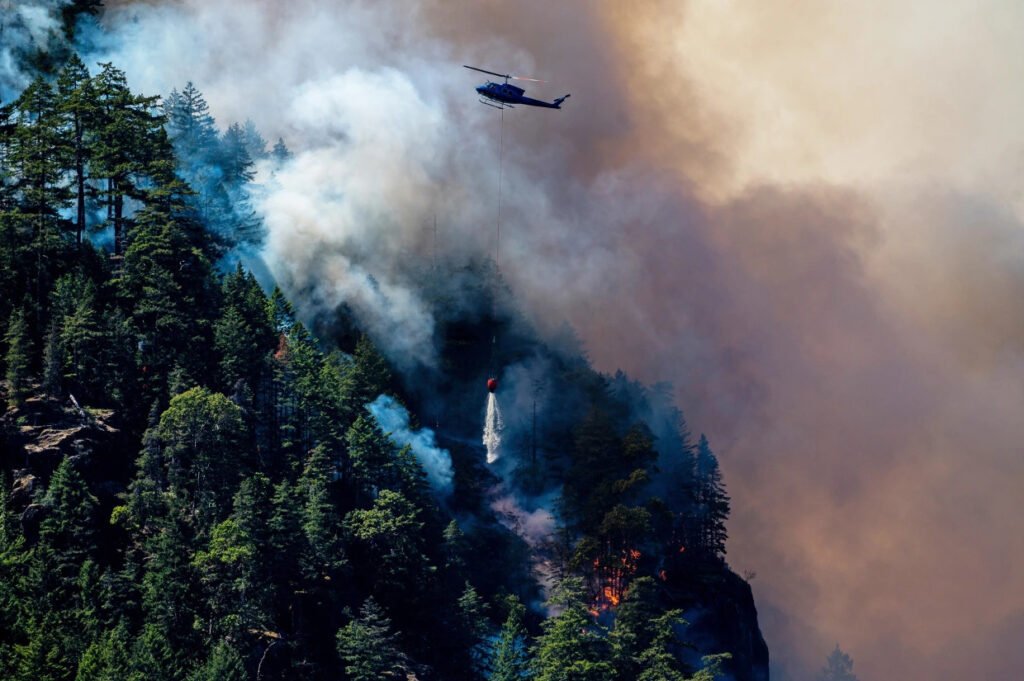
Detroit’s air quality is among the world’s worst because of the Canadian wildfires, potentially worsening many health problems that residents of the predominantly Black city have struggled with for generations.
Detroit resident Sandra Turner-Handy, a retiree of the Michigan Environmental Council, said that before the fires, residents had been breathing high-particulate matter and other toxins “on a consistent basis.” She said she is especially concerned about the effects of the fires on those who live near the Detroit River, an area sought for industrial use that has high levels of pollution.
She said Detroit’s “asthma rates are three times that of other cities in our state.”
Turner-Handy, who has emphysema — a lung disease that causes breathlessness — calls Detroit’s pollution problem an “environmental injustice” and said she has concerns about how the smoke could spread to her area, potentially affecting her own health.
“I have a fear of anything that’s going to impact my respiratory health,” she said. “I have a great fear.”
Communities of color and low-income populations are exposed to higher levels of PM2.5, atmospheric fine particulate matter, compared to other groups in the U.S., according to a study last year conducted by Harvard University. A 2020 poll by the Environmental Defense Fund, a nonprofit advocacy group, found that 58% of Black adults living in Detroit are twice as likely as white residents to be concerned about air pollution in their communities. Poor air quality conditions are even worse in regions like southwest Detroit, where residents experience asthma hospitalization rates three times higher than the state average.
Experts like Jessie Singer, the author of “There Are No Accidents,” said the recent air pollution only illustrates how Black communities are made more vulnerable to environmental disasters and climate change through policy and infrastructure decisions. For example, Black people are more likely to live where there is greater exposure to air pollution as a result of residential segregation, according to the American Lung Association.
“Systemic racism defines whether or not you have the excess cash to have an air filter in your home,” Singer said. “If you have less access to health care, if you grow up in a polluted environment, if you don’t have the economic freedom to take time off work, then when a wildfire happens, you’re more vulnerable.”
Source: NBC News
